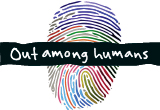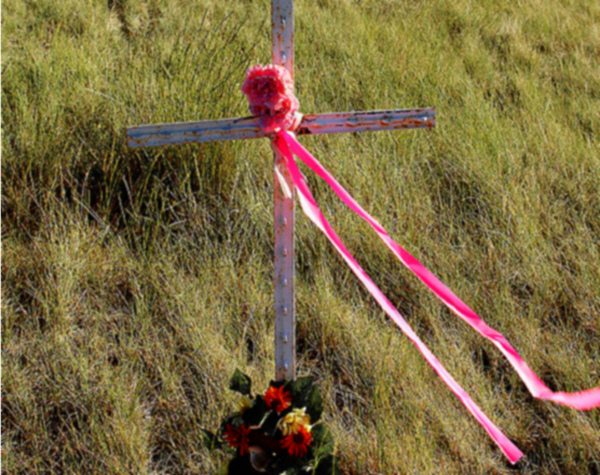It didn’t show up on the mobile apps or the weather channels, Doppler missed it completely. Only he and his wife and their daughter knew the storm was coming.
It showed no sign of changing course. Pressure was building with every conversation, text message and passing in the hallway.
Their daughter had her talking points down cold: I’m an adult! (She turned 18 days before.) I’ve pulled God knows how many all-nighters! I aced my APs! I earned this! A tradition! Once-in-a-lifetime!
There was a group of mothers who not only liked the idea but set it in motion. The plan was to rent a resort unit a hundred and some miles away and turn it over to a handful of recent high-school grads for a weekend. Enough kids had their own cars so getting there wouldn’t be a problem.
One mother in particular fielded calls from other parents. No, she wouldn’t actually be there in person. But, yes, she would be somewhere. She would definitely, you know, have her cell phone on. There might be alcohol but what else would you expect from our amazing “work-hard, play-hard” overachievers?
She danced around every question but on one she was perfectly clear. Even though she would sign for the rental, she would in no way be responsible if something happened. “They’re legal, you know?”
None of this surprised the new graduate’s parents. There were homes that were open for sleepovers every weekend. Tweens would curl up, catch a few hours sleep (or not) and wait for a ride in the morning. Their daughter often begged a sick day the following week until, mercifully, a groundable offense put an end to her sleepovers.
With the slash-and-burn adolescent years behind her, she was someone you could do business with. But on this question, she had filled sandbags and hunkered down.
It had been on a Saturday night forty-five years earlier, that her father woke his own mother to tell her what a fire hydrant had done to his friends.
They had been playing poker, the nine of them, townies and part-time students a year out of high school. They didn’t have an ounce of fat among them so “three-two” beer was enough to get them drunk. But it was the whisky that sealed the deal.
After poker they piled into cars and raced on a deserted suburban lane. The heavy, Detroit-made family sedan couldn’t hold curves as well as the Triumph or the Chevy coupe. Wayne lost his life. Dan lost the use of a leg. Johnny, the driver who slammed into the hydrant (and the sweetest kid in the group), would walk away tortured and inconsolable for years.
The graduate’s father can recall visiting the ICU several times a week — as long as Wayne was alive. He remembers sitting with Wayne’s family. He is fairly certain that he went to the graveyard with his mother, and that she drove.
What troubles him is that he doesn’t remember being properly devastated. He doesn’t know if he had suffered enough to be absolved for bringing the whisky that night. The right to cry wasn’t forbidden in his family — his factory-worker uncles openly wept when his grandfather died — but he couldn’t say if he had cried over the loss of his friend.
He told his daughter and her brother about The Accident many times. He didn’t condemn the evils of alcohol absolutely. After all Jesus turned water into wine to please his mother.
He and his daughter were close and they were anxious to settle their standoff. They walked to a wooded stretch of the Lake Michigan shoreline. He hoped he could convince her not to go away that weekend. He was reluctant to issue commands to a daughter he could no longer consider as just a child. (He had enlisted at 17.)
She allowed him to relive the details of the accident once again, looking out at the lake as he spoke. But this time she noticed something different in his delivery.
His breathing wasn’t right. His pattern of speech was off. There was a pause that had never been there before. That’s when she saw, rolling down her father’s cheek, a tear that had been held in reserve all these years, waiting for a time when it might make a difference.

